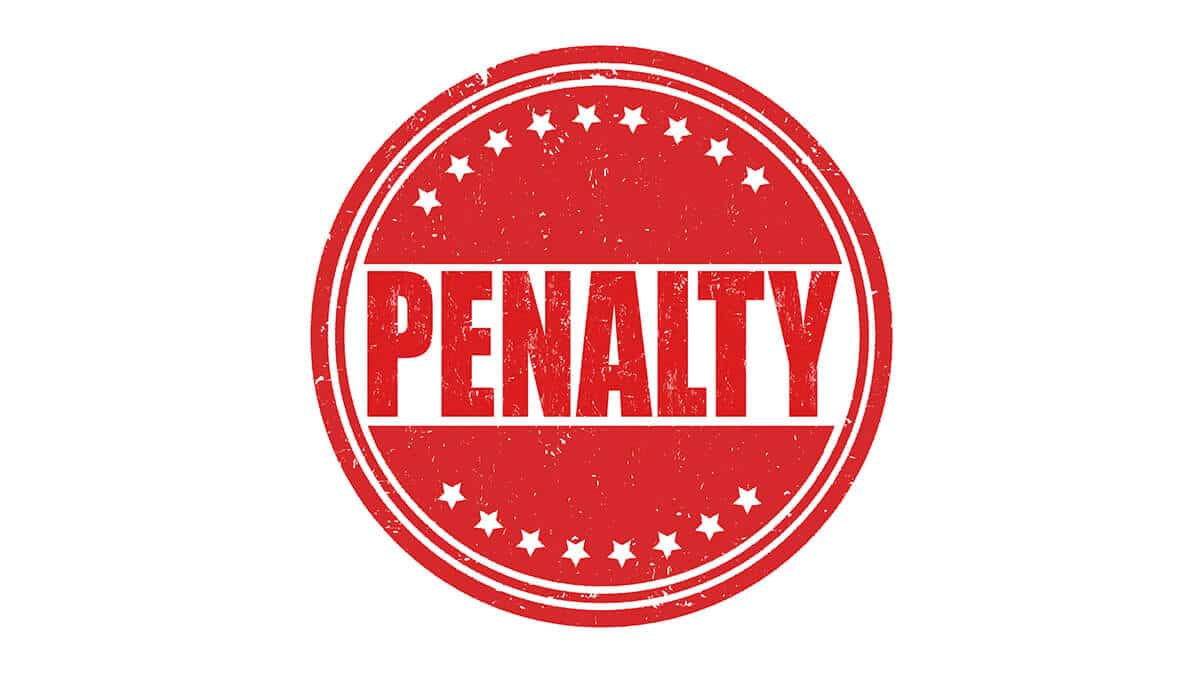In this guide
Employers have lots of responsibilities and a business to keep on track, so it may be tempting to put off reporting and paying super contributions for your employees until another day.
But it’s important to remember that if you don’t meet your Superannuation Guarantee (SG) obligations you are breaking the law.
There are penalties for not paying on time and if you continue avoiding your responsibilities, the tax man is likely to impose some extra penalties that can hit both your business and your personal wallet.
Meeting your SG obligations
When you have employees, you are required by law to make SG payments on their behalf at least quarterly.
Employers that don’t do the right thing by the quarterly deadlines are required to pay a Super Guarantee Charge (SGC) and lodge an SGC Statement.
The SGC has three components:
- SG shortfall amount (including any choice liability), which is when you do not pay the full SG contribution for your employee or do not correctly follow your choice of fund obligations.
- Interest on this amount, with the current interest rate being 10%.
- Administration fee of $20 per employee, per quarter.
If an employee reports you for unpaid super, the ATO will start an investigation on their behalf and you may incur significant penalties for non-compliance. These penalties will be on top of the normal SGC Charge.
What other penalties could I face?
1. Part 7 Penalty
If you lodge your SGC statement late, or you fail to provide a statement or information when requested during an audit, the ATO will impose a Part 7 Penalty. This can be up to 200% of the SGC that is payable.
2. General interest charge (GIC)
If your SGC is not paid by the due date, you will need to pay the GIC, which accrues from the SGC due to the date the debt is paid in full. The GIC is calculated on a daily compounding basis but is tax deductible in the year it’s incurred.
3. Administrative penalty
If you make a false or misleading statement to pay less SGC than you should, the ATO may impose an administrative penalty. The base penalty can be up to 75% of the shortfall amount, but the actual penalty amount will depend on your circumstances.
4. Failing to keep adequate records
If you fail to maintain SG records, the maximum fine is 30 penalty units ($222 per penalty unit until 30 June 2022 and $275 per penalty unit thereafter). You may also be liable for an administrative penalty of 20 penalty units.
5. Failing to pass on a TFN
If you don’t pass on an eligible employee’s Tax File Number to their super fund or RSA within the required timeframe, the penalty is 10 penalty units each time this occurs.
6. Entering an arrangement to avoid your SG obligations
If you enter into an arrangement designed to avoid your SGC liability, you will be liable for the SGC amount you avoided plus a penalty. The base penalty can be varied according to the circumstances.
Hitting your pocket: Directors are responsible too
If you are a director of a company that fails to meet its SGC liabilities in full by the due date, that liability automatically becomes a personal liability for you. The personal liability is a penalty equal to the unpaid amount.
While the SGC liability remains unpaid, the ATO can decide to issue a director penalty notice (DPN). Even without issuing a DPN, the ATO can still collect the penalty by other means, such as withholding a personal tax refund.
The penalty will be remitted if your company pays the outstanding amount, or if it goes into voluntary administration or liquidation.
Applying penalties: When the ATO acts
When it comes to compliance, the ATO’s stated approach is to support employers who engage and try to get things right.
Firmer action is usually only taken with employers who are unwilling to meet their SG obligations. This includes employers who:
- Repeatedly fail to pay the correct amount of SG
- Attempt to obstruct the ATO’s ability to determine an SGC liability
- Repeatedly fail to keep appointments
- Repeatedly fail to supply information without an acceptable reason
- Deliberately supply irrelevant, inadequate or misleading information
- Engage in any culpable behaviour to delay the provision of information.
The actual penalty the ATO will impose in these situations depends on the facts and circumstances of each case and is influenced by whether you are actively engaging with them, experiencing difficulties, or simply unwilling to meet your obligations.
If you have difficulty meeting your SG obligations, the ATO has discretion to partially or fully remit a Part 7 Penalty.
Non-compliance with the direction from the ATO to pay the SGC can result in court enforced penalties, imprisonment or both. The ATO also has the power to collect amounts owed directly from your bank or other third parties owing you money, and to take action that may result in bankruptcy or the winding up of your business.
Get more guides like this with a free account
better super and retirement decisions.


Leave a Reply
You must be logged in to post a comment.